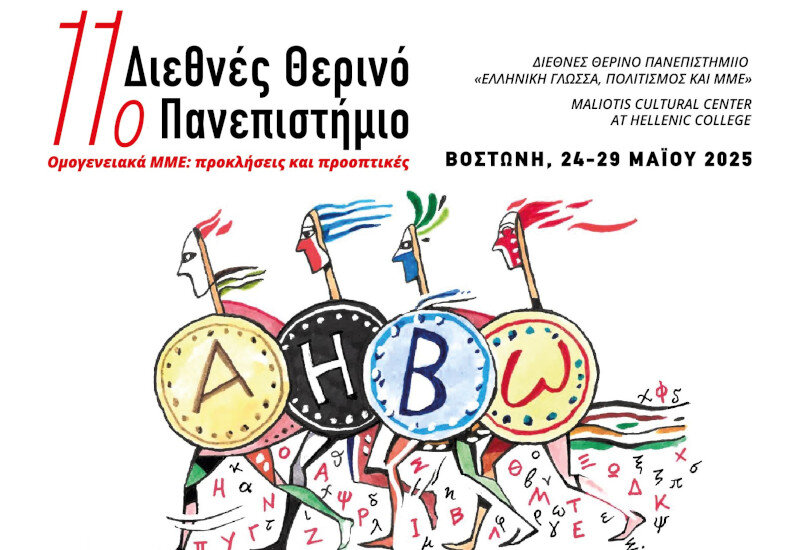Μεγάλο αφιέρωμα της «Αλ Αχράμ» στον Αλεξανδρινό Ντέμη Ρούσσο, του οποίου ο θάνατος προκάλεσε παγκόσμια συγκίνηση
Εκτενή ρεπορτάζ για το θάνατο του Αιγυπτιώτη παγκοσμίου φήμης τραγουδιστή Ντέμη Ρούσσου, φιλοξενούν οι αιγυπτιακές εφημερίδες.
Αξίζει να ρίξουμε μία ματιά στον ύστατο φόρο τιμής από τη μεγαλύτερη εφημερίδα του αραβικού κόσμου, την «Al Ahram», η οποία γράφει:
Egypt-born Greek singer Demis Roussos dies at 68:
The Egypt-born singer, who became popular in the 1960s and 70s and sold 60 million records globally, had been in hospital with an undisclosed illness for some time
Snapshot from Demis Roussos’s «Forever and Ever»
World-renowned Greek singer Demis Roussos has died in an Athens hospital aged 68, the hospital said on Monday.
The Egypt-born singer had been in the private hospital with an undisclosed illness for some time, AFP reported.
Born to a Greek father and — according to some sources — Egyptian actress of Italian origins, Nelly Mazloum, Demis Roussos spent his childhood in Alexandria, where his family had set up home in the 1920s and where he joined the Greek Byzantine Church choir.
When he was 10, the Roussos family moved to Greece due to the 1956 Suez war. He began exploring the music scene by joining several young bands. He came to prominence in late 1960s with the band Aphrodite’s Child which made an international breakthrough. In the 1970’s Roussos launched his solo career, singing in several languages and reaching out to audiences across the globe.
Goodbye, My Love, Goodbye, Forever and Ever, White Shade of Pale were among Roussos” best known hits, showcasing his vocal range and high notes, along with lower tones in Such a Funny Night, End of the World and I Want To Live. Throughout the decades his hits resonated in households and were the guaranteed attraction for the many concerts that Roussos gave worldwide.
Roussos had a special position among Egypt’s older generation music-lovers and a large number of fans remained devoted to his artistic endeavours. He was among the returning singers played on the radio, with French-speaking stations dedicating a large portion of airtime to his hits as well as less known songs, indulging the listeners into the journey of memories and reflections on Egypt that used to be.
It was not only Roussos” Egyptian childhood that played an important role in his unprecedented popularity in Egypt. The singer was often identified with the Golden Era when Alexandria was Egypt’s cultural capital and then Egypt as the cultural centre of the Arab world.
It was this nostalgia that contributed to the special place that he had in the minds of Egyptians. With Alexandria’s cosmopolitan past, incorporating citizens of many nationalities – Italians, Greeks, Armenians, Egyptians – and religions, to many Egyptians, Roussos was a symbolic representation of the beautiful past, expressed through his music, the artistic wealth which especially the older generations duly followed and cherished.
Though Roussos did not visit Egypt frequently, when he did, the concert halls were filled with devoted followers of his songs, with the attendees singing along with well-memorised hits. Among the plans announced by the Cairo Opera House was to host Roussos in October 2014. As his fans braced for the concert, the event was cancelled without further explanation.



